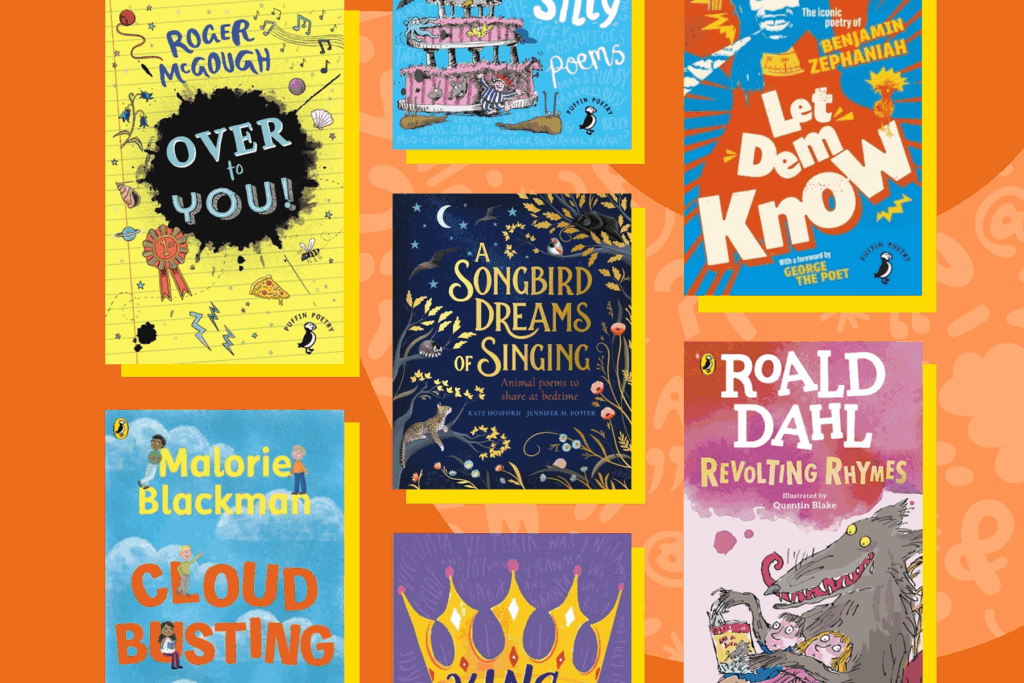- Home
- About
- Company articles
- 5 ways to celebrate World Poetry Day
5 ways to celebrate World Poetry Day

Thursday 21 March marks World Poetry Day. Celebrating one of our most treasured forms of expression, poetry has been practiced in every culture globally throughout history. It can be simple or complex, can challenge traditional ideas of form and structure, and has been used as one of our most powerful mouthpieces for activism and change, or for coveying love and loss.
Created by UNESCO, World Poetry Day encourages us to return to the tradition of poetry readings and to place poetry within other arts such as music or dance. Poetry shouldn't be considered an outdated form of art, but 'one which enables society as a whole to regain and assert its identity.'
Get your prescription from The Poetry Pharmacy
Curated by William Sieghart, The Poetry Pharmacy is here to soothe any ailment. Whether you're suffering from loneliness, anxiety, a broken heart or a lack of courage, turn the page and read your poem prescription to ease the pain. Take the quiz for any immediate emotional need.
Watch a poetry reading
The power in poetry often lives in a live recital, particularly from its author. Discover new meaning behind metaphors with an extra beat, the tone of voice or flicker of an eye. Watch two of our favourite readings from Jay Bernard and Hera Lindsay Bird below.
Share poetry with people of all ages
Poetry is for people of all ages, and it's not always serious! Poems can be laugh-out-loud hilarious, full of puns and wordplay. Get some recommedations on titles to read with younger poetry fans and watch renowned author Michael Rosen show you how to perform ridiculous rhymes to perfection.
Add some award-winning poetry on your to-read list
With its flexibility, poetry can constantly be revived and refreshed. Take a look through the latest award-winning poetry to discover the newest talent to win the Costa Poetry Award, The Forward Prize and the Dylan Thomas Prize among others.
Start writing your own poetry
Feeling inspired to start writing your own poetry but unsure where to start? Robin Robertson, Poetry Editor at Jonathan Cape and author of the narrative poem The Long Take (shortlisted for the Man Booker Prize 2018) advises to widen your reading list:
'Poetry has always seemed to me to be the most rewarding of all the literary forms because of its linguistic compression and layered density, its embedded music – because you can go back to a great poem for renewed sustenance and reward as often as you can return to a great painting or symphony. Art comes out of emotion and then regenerates emotion, but it is never simply ‘self-expression’; it is always a craft: a skill to be learnt and mastered. It is difficult, and difficulty is much more interesting to me than accessibility.
Having a sudden emotion doesn’t create good poetry, any more than needing a place to live qualifies you as a competent house-builder. My advice is to read widely and deeply; pay attention, by looking and listening; take a notebook everywhere. Luckily, we don’t all have to write poetry – and most of us are happy enough reading it. The same rules apply though, and the same choices. Do you want greeting-card rhymes or something more profound and complicated and beautiful?'
Winner of the Forward Prize 2018 for best collection with Don't Call Us Dead, Danez Smith says the focus for writing should come from the relationship we have with ourselves:
'Our best writing comes from when we are honest with ourselves and when we're willing to push ourselves and take risks.'

